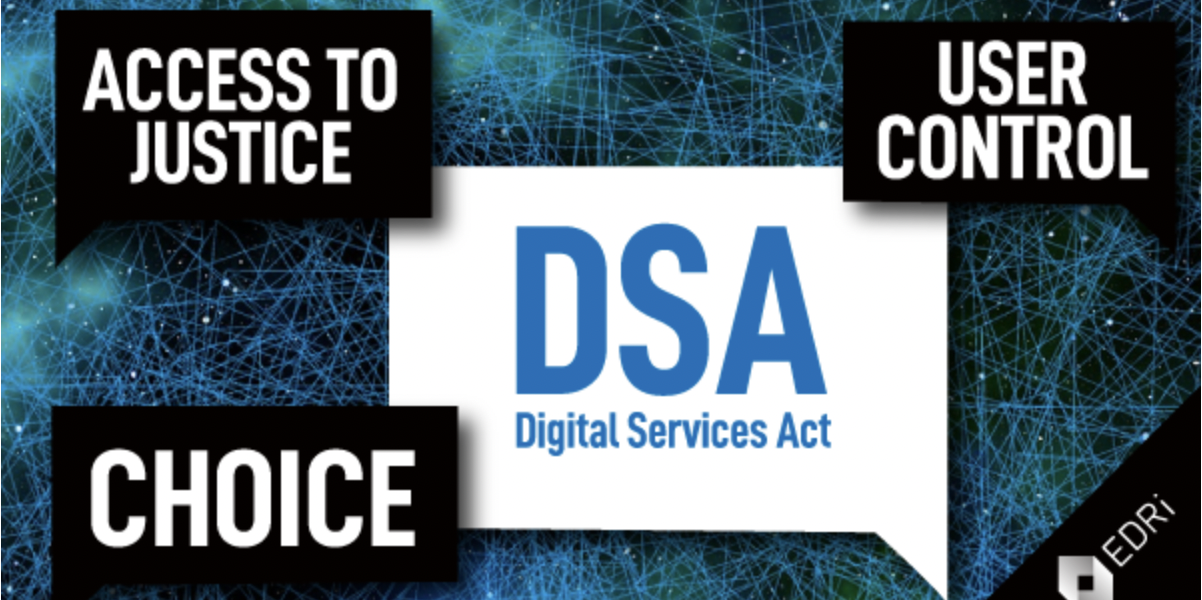The Digital Services Act SA Poland represents a significant step in shaping the future of the digital landscape in Europe. Poland is preparing to implement these new rules as part of its efforts to protect consumers, ensure fair competition, and increase accountability for online platforms. This article explores the key components of the Digital Services Act SA Poland, its impact on Polish businesses, and the necessary steps for compliance by 2025.
Introduction: Understanding the Digital Services Act SA Poland
The European Union (EU) introduced the Digital Services Act SA Poland as a legislative framework to regulate online platforms and services. The act aims to create safer online environments for users by holding digital platforms accountable for their content and operations. It seeks to address critical issues such as online harm, misinformation, illegal content, and consumer protection.
With its upcoming Poland Digital Services Act compliance 2025 deadline, businesses operating in Poland need to understand the key regulations and adjust their practices accordingly. This article will dive deep into what the DSA means for Poland, its businesses, and the overall digital ecosystem.
Key Objectives of the Digital Services Act SA Poland
The Digital Services Act SA Poland focuses on several crucial areas, including user safety, content regulation, and accountability for online platforms. Here are some key objectives that platforms in Poland will need to adhere to:
1. Protection of Users
The main goal of the DSA is to provide a safer digital space for users. This includes:
- Combating harmful content: Platforms must act quickly to remove illegal and harmful content, such as hate speech and misinformation.
- Stronger user rights: Users will be given better tools to protect themselves from harmful content and digital manipulation.
2. Accountability for Online Platforms
The DSA requires platforms to take responsibility for the content they host. This means:
- Content moderation: Platforms must actively monitor and remove harmful content in a timely manner.
- Transparency: Online services must be transparent in how they operate, including how they handle data and moderate content.
3. Consumer Protection
The Poland Digital Services Act compliance 2025 will strengthen protections for consumers engaging in online services:
- E-commerce regulations: Platforms will be held responsible for ensuring that products sold online are safe, authentic, and properly described.
- Fighting fraud: The DSA will require platforms to implement better verification processes to combat fraud, especially in e-commerce.
How the Digital Services Act SA Poland Will Impact Polish Businesses
The EU Digital Services Act impact on Polish businesses is significant. Businesses operating in Poland need to be aware of how the DSA will affect their operations and adapt accordingly. Here are some of the key impacts:
1. Enhanced Content Moderation Requirements
For businesses operating online platforms in Poland, especially those running social media sites or online marketplaces, the DSA introduces stringent content moderation rules. Platforms must implement the following:
- Clear content moderation policies: Businesses must set up guidelines on what content is allowed and how harmful or illegal content will be removed.
- Efficient reporting systems: Users need tools to report harmful or illegal content easily, and businesses must act quickly on these reports.
2. Transparency in Advertising and Data Use
The DSA mandates greater transparency in how platforms handle ads and user data:
- Advertising transparency: Online platforms must disclose how they target advertisements to users and ensure that users understand how their data is being used.
- Data protection: Polish businesses must comply with GDPR and take steps to ensure that they handle user data securely.
3. Fines for Non-compliance
The Poland Digital Services Act compliance 2025 will require businesses to adhere to these rules, and failure to do so can result in significant fines:
| Non-compliance Action | Potential Fine |
|---|---|
| Failure to comply with content moderation rules | Up to 6% of global revenue |
| Lack of transparency in data use and ads | Significant fines depending on platform size |
| Failure to protect consumers and prevent fraud | Penalties leading to operational restrictions |
4. The Need for Staff Training
With the new regulations, businesses in Poland will need to invest in training staff to manage new compliance tasks. Employees should be well-versed in:
- Content moderation processes
- User privacy policies
- Reporting and handling illegal content
Steps for Businesses to Ensure Compliance with the Poland Digital Services Act
To comply with the Poland Digital Services Act compliance 2025, businesses need to take several key actions:
Step 1: Review and Update Terms of Service
Businesses should start by reviewing and updating their terms of service. These updates should reflect the new requirements of the Digital Services Act SA Poland, such as:
- Clear content moderation policies: Define what constitutes harmful content and how it will be handled.
- Data privacy policies: Include transparency regarding how customer data is collected and used, ensuring GDPR compliance.
Step 2: Implement Robust Content Moderation Systems
Businesses must invest in tools and resources to moderate content effectively:
- AI-powered content detection: Use automated systems to detect harmful content quickly.
- Human oversight: Implement a team to review flagged content and ensure compliance with Polish and EU regulations.
Step 3: Strengthen Consumer Protection Measures
Online platforms need to ensure that consumer protection measures are in place:
- Verification of sellers: Ensure that sellers on your platform are verified and adhere to consumer protection laws.
- Dispute resolution systems: Create transparent processes for handling consumer complaints and disputes.
Step 4: Stay Up-to-Date with Regulatory Changes
The Digital Services Act SA Poland is still evolving, and businesses must stay informed of updates:
- Monitor legal changes: Stay updated on any new amendments to the DSA and ensure continuous compliance.
- Engage with legal experts: Consult with legal professionals to interpret the act and ensure your business adheres to its regulations.
Benefits of Compliance with the Poland Digital Services Act
Adhering to the Poland Digital Services Act compliance 2025 not only helps avoid penalties but also offers various benefits to businesses and consumers:
- Improved consumer trust: By following the regulations, businesses can improve their reputation and build trust with consumers.
- Access to a broader market: Compliance with EU laws opens doors to a broader European market, as Polish businesses will be able to operate seamlessly across the EU.
- Safer online environment: Consumers will feel safer online, knowing that platforms are taking active steps to protect them from harmful content and scams.
Frequently Asked Questions (FAQs)
1. What is the Digital Services Act SA Poland?
The Digital Services Act SA Poland is a regulation introduced by the European Union to create safer and more transparent online environments. It imposes strict guidelines on digital platforms operating in Poland to protect users and ensure accountability.
2. How will the Digital Services Act SA Poland affect Polish businesses?
Polish businesses will need to comply with new content moderation, transparency, and consumer protection rules. Failure to comply could result in fines or restrictions.
3. When will Poland Digital Services Act compliance 2025 occur?
By 2025, Poland must fully comply with the Digital Services Act SA Poland, which means that businesses must also align with the regulations by that time.
4. What are the penalties for non-compliance?
Businesses in Poland could face fines of up to 6% of global revenue for non-compliance with the Digital Services Act SA Poland. These fines are designed to encourage platforms to follow the new rules.
5. How does the EU Digital Services Act impact on Polish businesses?
The EU DSA affects Polish businesses by enforcing stricter regulations on content moderation, consumer protection, and data privacy, aiming to improve transparency and safety for online users.
Conclusion
The Digital Services Act SA Poland is a significant step toward ensuring a safer, more transparent digital environment in Poland and across Europe. As Poland prepares for Poland Digital Services Act compliance 2025, businesses need to stay informed and proactive in aligning with these new regulations. By understanding the DSA’s requirements and taking the necessary steps for compliance, Polish businesses can not only avoid penalties but also significantly enhance their reputation and build consumer trust in the digital space.





